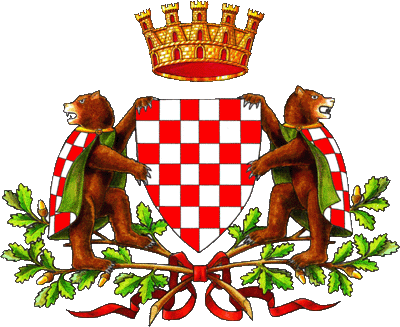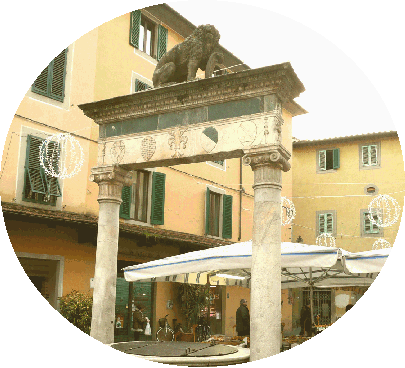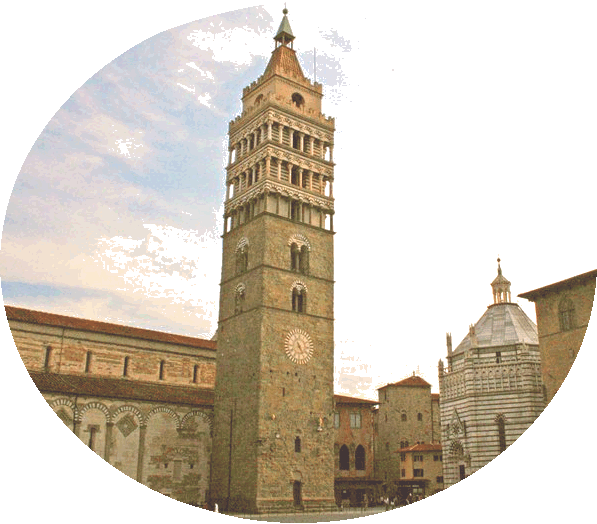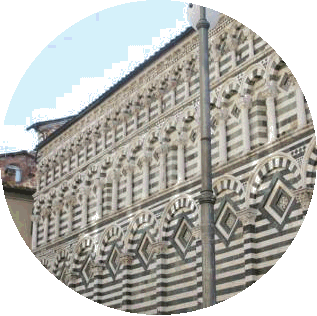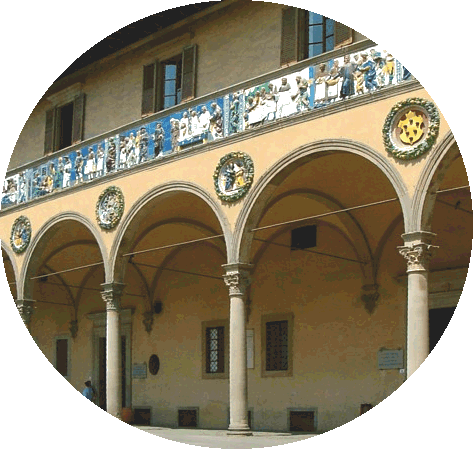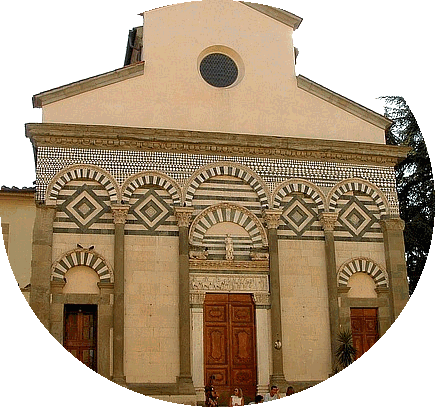     |
 DISCOVERING
PISTOIA DISCOVERING
PISTOIA
GALLERIA
VITTORIO EMANUELE E VIA DEGLI ORAFI
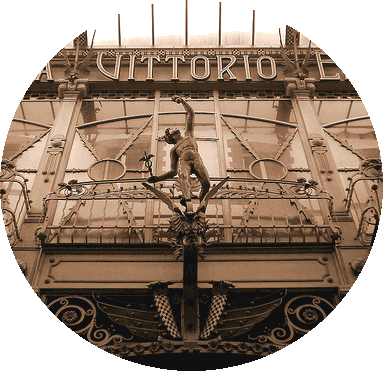 Built
by Officine Michelucci using different elements and inaugurated in 1912
as Galleria Vittorio Emanuele. Built
by Officine Michelucci using different elements and inaugurated in 1912
as Galleria Vittorio Emanuele.
Via degli Orafi - The Goldsmiths'
Street
This is one of the most ancient streets of the city. In Roman times when
the Cassia consular road crossed through Pistoia, the present via degli
Orafi baecame the decumano, that is the street oriented along an
east-west axis.
Once it had gone beyond the city gate (which, no doubt, was the most
important gate in the city), the road continued on to Lucca. Following
the tradition of naming city gates according to the destinations that
one could reach from them, this gate was called the porta Lucensis.
Proof of the via degli Omafi's continued use over time is found in its
previous name, via Taberna, presumably for the large number of taverns
lining the street where travelers could find food and drink.
Today the
same name has been taken by as small lane that intersects the via degli
Orafi. There where the heart of the Roman city had once been
the Bracciolini delle Api family built their palazzo in the 1600s
and it remained their residence until the first half of this century.
The small building was constructed over more ancient houses which in
part were already property of the Bracciolini family. Only the small
workshop belonging to the Opera della Sapienza had to be bought in the
late 1500s.
This acquisition allowed the palazzo to face onto the cathedral squame,
thereby asserting its privileged and highly symbolic position. With
respect to buildings of the same period belonging to other noble
Pistoian families, this one has a rather original appearance in that it
was inspired by the aesthetic canons of the cultural politics of the
Grand Duchy. The Bracciolini were staunch supporters of the Medici to
whom the busts on the façade are dedicated. Beginning with the bust
above the entrance, they are: Ferdinando I (the Grand Duke of that
time), Cosimo I (Ferdinando's father), the Great Duke Francesco (Cosimo's
other son), and lastly, presumably, Duke Alessandro dei Medici. Even the
frescos inside the entrance continue the celebratory cycle, with
allegorical scenes referring to the city of Pistoia as well as to the
Medici and Bracciolini families.
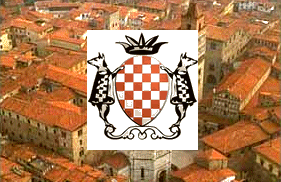
PISTOIA
PHOTOGALLERY
PISTOIA CITY MAP
|

